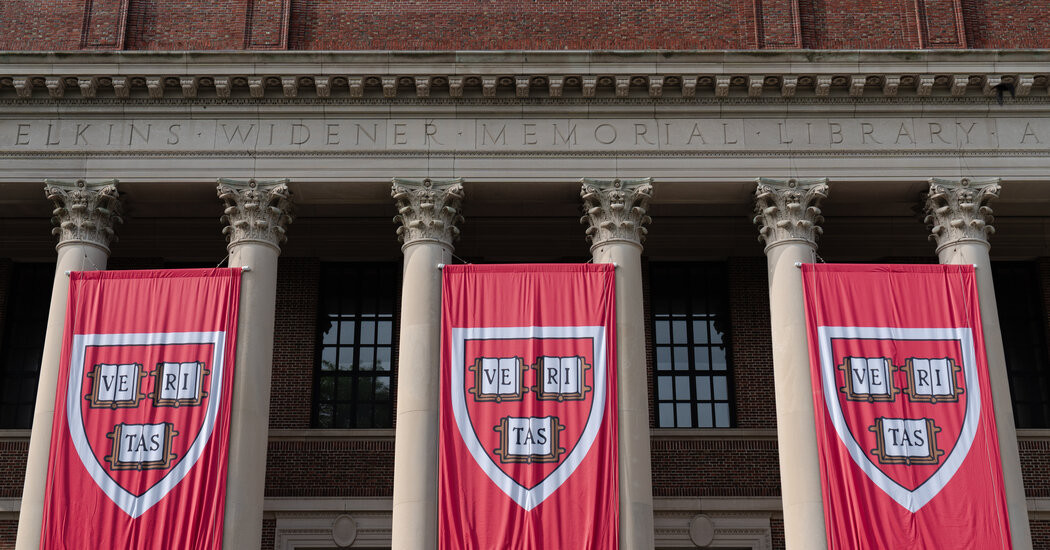Subtotal: $15.50


This week, a federal judge sided with Harvard in one of its two lawsuits, blocking an order by President Trump to prevent international students from enrolling.
Harvard University has sued the Trump administration to preserve its ability to enroll international students and restore draconian cuts in research money, two matters that threaten the core functions of the centuries-old institution.
The same federal judge in Massachusetts, Allison D. Burroughs, an appointee of President Barack Obama, is presiding over both cases. She has often sided with Harvard, including on June 5 when she issued a temporary restraining order against the administration’s latest move to bar international students.
On both fronts, the Trump administration has said that it is punishing Harvard because it has failed to keep Jewish students safe by allowing antisemitism to flourish. It has added on to these accusations as the court fights have drawn on, saying that the university has used racial preferences in admissions in defiance of a Supreme Court ruling and that it has broken rules related to foreign gifts.
Harvard has denied the accusations. It says the administration is ignoring its efforts to protect the civil rights of its Jewish students, for example. And Harvard has argued that the federal government has violated its First Amendment rights and has ignored due process as it pursues its vendetta against the university.
Here’s what to know about the two court battles.
In May, the Trump administration said that it would halt Harvard’s ability to enroll international students, an announcement that prompted fear across higher education. Current students must transfer or lose their legal status, Kristi Noem, the U.S. homeland security secretary, wrote in a letter to the university.
About 5,000 international students are currently enrolled at Harvard, and an additional 2,000 recent graduates are in the United States on visas permitting them to remain temporarily after graduation to work.



